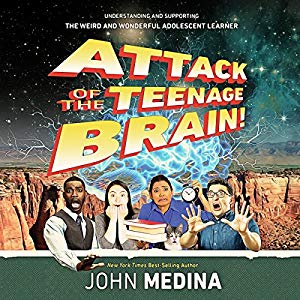Tags
ADHD adolescence attention autism book review boundary conditions classroom advice conference speakers constructivism/direct instruction creativity desirable difficulty development dual coding elementary school embodied cognition emotion evolution exercise experts and novices gender high school homework intelligence long-term memory math methodology middle school mind-wandering mindfulness Mindset motivation neuromyths neuroscience online learning parents psychology reading retrieval practice self-control skepticism sleep STEM stress technology working memoryRecent Comments
- Revisiting the "Handwriting vs. Laptops" Debate: More Moving Goalposts |Education & Teacher Conferences on Handwritten Notes or Laptop Notes: A Skeptic Converted?
- The Power Of A Growth Mindset: How Students Can Overcome Challenges - Sunshine Blessings on The Rise and Fall and Rise of Growth Mindset
- Goals, Failure, and Emotions: a Conceptual Framework |Education & Teacher Conferences on “Learning from Mistakes” vs. “Learning from Explanations”
- From Destruction to Rebuilding: Hope in Science’s Down Cycle on When Analogies Go Wrong: The Benefits of Stress?
- Dual Coding: Boosting Learning Through Words and Images – White Dragon of East County on Visual & Verbal: Welcome to “Dual Coding”
ABOUT THE BLOG
Tag Archives: adolescence

Attack of the Teenage Brain!: Understanding and Supporting the Weird...
John Medina, developmental molecular biologist and New York Times best-selling author, has written a book…
Posted in Book Reviews
Tagged adolescence, adolescent learner, executive functions, john medina, teenage brain
Leave a comment

A Hidden Adolescent Struggle: Identifying Complex Emotions
Recent research offers a helpful insight into adolescent emotion processing. Children and adults are relatively good at distinguishing among their emotions. They can say “I’m feeling angry, but not sad.” Adolescents, however, have a harder time sorting out their feelings. For them, negative emotions all churn together. Continue reading

Adolescents and Self-Control: Do Teens Recognize High Stakes?
Why is adolescent self-control so difficult? Recent research suggests that teens don’t consistently recognize the difference between high-stakes and low-stakes situations. And: the brain networks that help them do so don’t mature until we turn 19 or 20. Continue reading
Posted in L&B Blog
Tagged adolescence, classroom advice, pre-frontal cortex, self-control
Leave a comment
